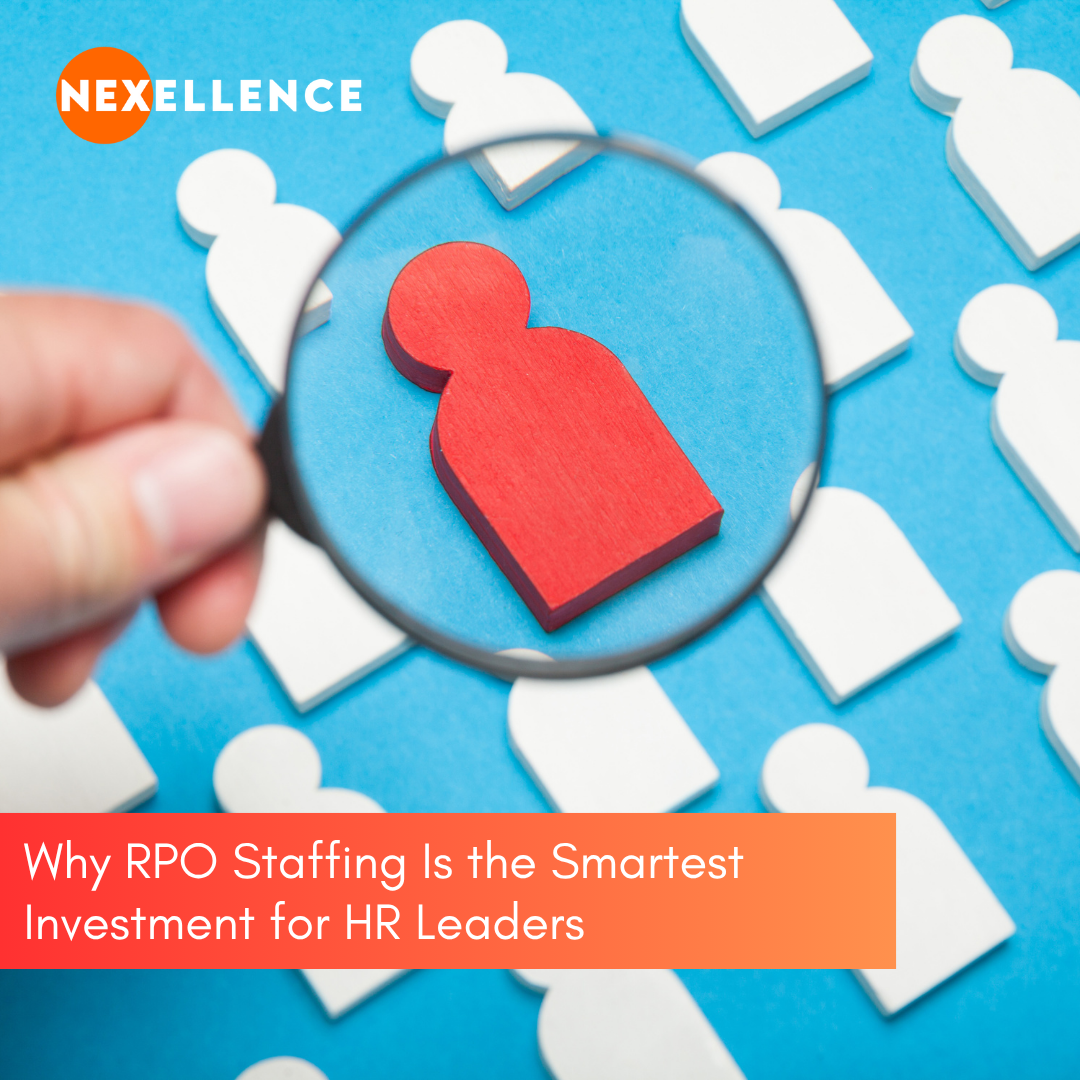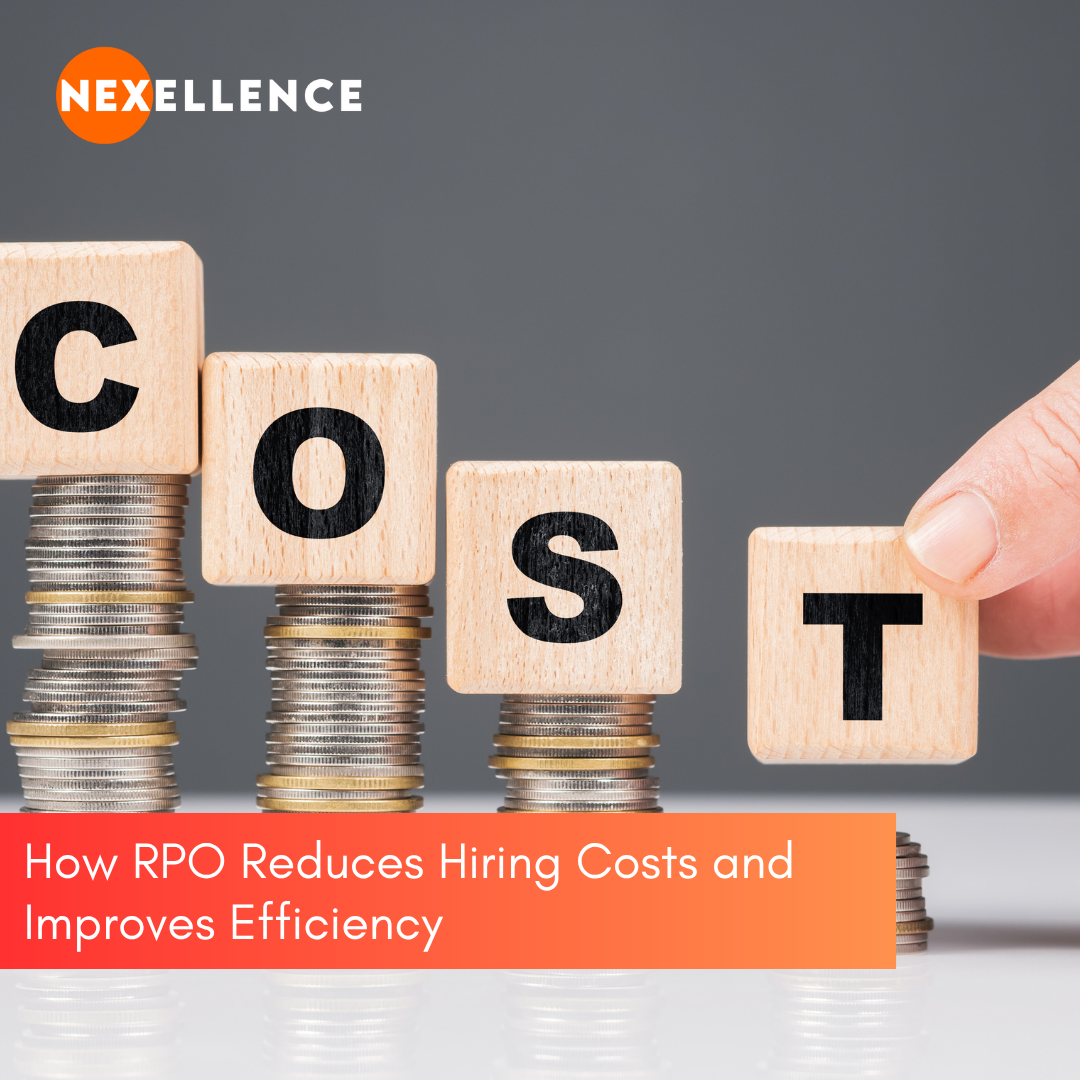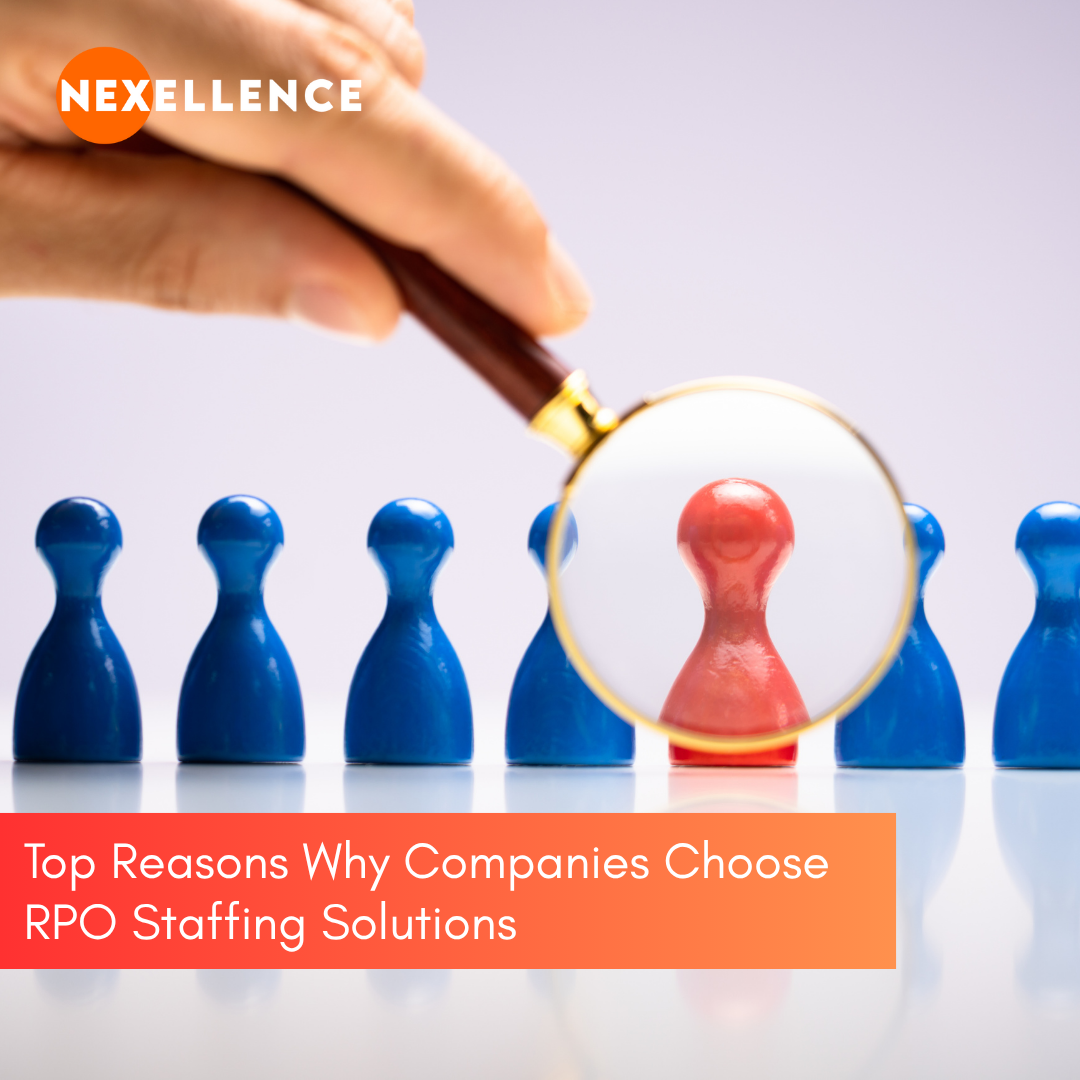In the competitive landscape of talent acquisition and retention, company culture and employer branding have emerged as crucial factors for attracting top talent, fostering employee engagement, and driving organizational success. A strong company culture and compelling employer brand not only differentiate organizations as employers of choice but also influence employee satisfaction, productivity, and loyalty. In this blog post, we’ll explore the significance of company culture and employer branding and provide insights into building a strong foundation for success.
Understanding Company Culture
Company culture encompasses the shared values, beliefs, behaviors, and norms that define the identity and character of an organization. It reflects how employees interact with each other, how decisions are made, and the overall work environment and atmosphere. A positive company culture fosters a sense of belonging, purpose, and alignment with organizational goals and values.
The Importance of Company Culture
- Employee Engagement and Retention: A strong company culture fosters employee engagement, satisfaction, and retention by creating a supportive and inclusive work environment where employees feel valued, respected, and motivated to contribute their best.
- Attracting Top Talent: A positive company culture enhances employer attractiveness and serves as a magnet for top talent seeking organizations that align with their values, goals, and aspirations. Candidates are more likely to choose employers with strong cultures that resonate with their personal and professional values.
- Organizational Performance: Company culture plays a significant role in driving organizational performance, innovation, and agility. A culture that promotes collaboration, transparency, and continuous learning fosters creativity, adaptability, and resilience, enabling organizations to thrive in dynamic and competitive markets.
Crafting a Compelling Employer Brand
Employer branding encompasses the perception, reputation, and identity of an organization as an employer. It encompasses how the organization is perceived by current employees, prospective candidates, and external stakeholders. A compelling employer brand communicates the organization’s values, culture, and unique selling propositions, positioning it as an employer of choice in the marketplace.
The Benefits of Employer Branding
- Talent Attraction and Acquisition: A strong employer brand attracts top talent and enhances the organization’s ability to attract and recruit qualified candidates. Candidates are more likely to apply to organizations with positive employer brands and compelling value propositions.
- Employee Engagement and Advocacy: An authentic employer brand fosters employee engagement, pride, and advocacy. Employees who feel connected to their organization’s brand are more likely to become brand ambassadors, referring potential candidates and promoting the organization’s reputation.
- Retention and Loyalty: A compelling employer brand contributes to higher employee retention rates and increased loyalty. Employees who are aligned with their organization’s values and culture are more likely to stay with the company long-term and contribute to its success.
Building a Strong Foundation
- Define Your Values and Mission: Clearly articulate your organization’s values, mission, and purpose. These serve as the foundation of your company culture and employer brand, guiding decision-making and shaping organizational identity.
- Foster a Positive Work Environment: Cultivate a supportive, inclusive, and empowering work environment where employees feel valued, respected, and appreciated. Encourage open communication, collaboration, and recognition of achievements.
- Invest in Employee Development: Prioritize employee development and growth opportunities, providing training, mentorship, and career advancement pathways. Invest in continuous learning and skill development to empower employees to reach their full potential.
- Promote Diversity and Inclusion: Embrace diversity and foster an inclusive workplace culture where individuals from diverse backgrounds feel welcome, respected, and empowered to contribute their unique perspectives and talents.
- Communicate Your Employer Brand: Effectively communicate your employer brand through various channels, including your company website, social media, recruitment marketing materials, and employee testimonials. Highlight your organization’s culture, values, employee benefits, and career opportunities to attract and engage candidates.
- Measure and Iterate: Regularly measure employee engagement, satisfaction, and employer brand perception through surveys, feedback mechanisms, and performance indicators. Use insights to identify areas for improvement and continuously refine your company culture and employer branding strategies.
Conclusion
Company culture and employer branding are integral components of organizational success, influencing talent attraction, retention, and performance. By cultivating a positive company culture, crafting a compelling employer brand, and aligning them with organizational values and goals, organizations can create environments where employees thrive and business flourishes.
Investing in company culture and employer branding is not just about attracting top talent; it’s about creating workplaces where employees feel valued, fulfilled, and inspired to make meaningful contributions. Ultimately, it’s about building a strong foundation for success and shaping the future of work.





